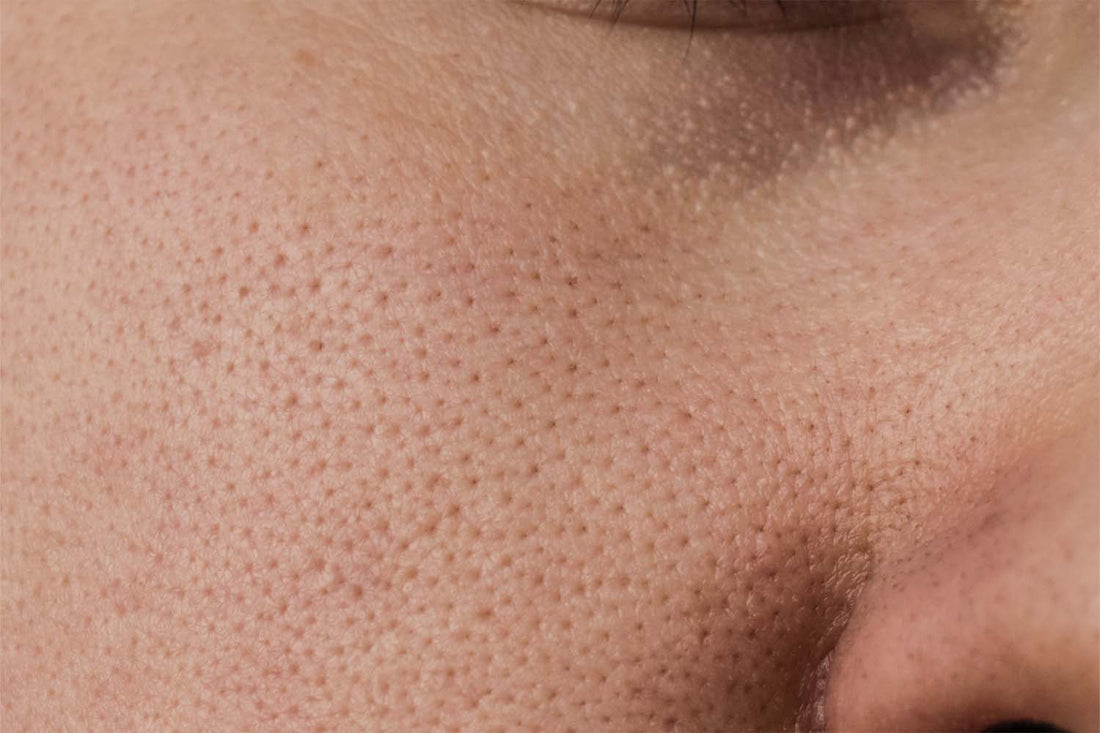Waking Up with Unexplained Bruises: Why It Happens and When to Worry
You stretch, yawn, and glance at your arms—only to notice dark purple or blue marks that weren’t there yesterday. Panic sets in. Did you bump into something? Did someone else? For many, waking up with mysterious bruises is both confusing and unsettling. While most cases are harmless, some can indicate an underlying health issue that deserves attention.

What Causes a Bruise?
A bruise, or hematoma, occurs when tiny blood vessels beneath the skin rupture, allowing blood to leak into surrounding tissue. Most bruises follow an obvious bump or injury, but sometimes they appear without any trauma, leaving you puzzled.
Common Reasons for Nighttime Bruising
1. Pressure While Sleeping

Remaining in one position for hours can put prolonged pressure on specific areas. This can cause capillaries to rupture, particularly if your skin is thin or sensitive. People who sleep on their arms, hands, or sides may notice small, unexplained marks in the morning.
2. Fragile Capillaries
Aging naturally weakens blood vessels. Chronic conditions like diabetes or long-term inflammation can make them even more prone to breaking, so minor friction while you sleep can leave noticeable bruises.
3. Medications and Supplements
Blood-thinning medications—such as aspirin, warfarin, or ibuprofen—reduce clotting ability and increase bruising risk. Even certain supplements, including high doses of vitamin E or omega-3 fatty acids, can contribute.

4. Vitamin Deficiencies
Vitamins are vital for strong blood vessels and proper clotting. Low levels of vitamin C, vitamin K, or iron can make bruising more likely.
5. Blood Disorders

Frequent or unexplained bruising may indicate underlying blood conditions, such as anemia, thrombocytopenia (low platelet count), or clotting disorders. While uncommon, these situations require prompt medical evaluation.
When to Seek Medical Advice
Consult a healthcare professional if:
Bruises appear often or without clear cause
They are unusually large, painful, or slow to heal
Multiple areas bruise simultaneously

Bruising comes with other symptoms like nosebleeds, bleeding gums, or heavy menstrual periods
There is a family history of bleeding or clotting disorders
Tips to Reduce Nighttime Bruising
Adjust Sleep Position: Change posture to reduce pressure on sensitive areas.
Use Soft Bedding: Non-restrictive sheets and blankets minimize friction.
Support Blood Vessel Health: Eat foods rich in vitamin C (citrus, bell peppers) and vitamin K (leafy greens).
Medication Awareness: Take blood-thinning drugs or supplements only under medical guidance.
Hydration and Movement: Drink plenty of water and engage in light exercise to improve circulation.
Conclusion

Waking up with unexplained bruises can be unnerving, but most cases are benign—caused by sleep positions, fragile capillaries, or minor unnoticed bumps. However, persistent, severe, or widespread bruising should never be ignored. By paying attention to your body, adjusting habits, and seeking timely medical care, you can protect both your skin and overall health, letting you wake up with peace of mind rather than puzzling marks.